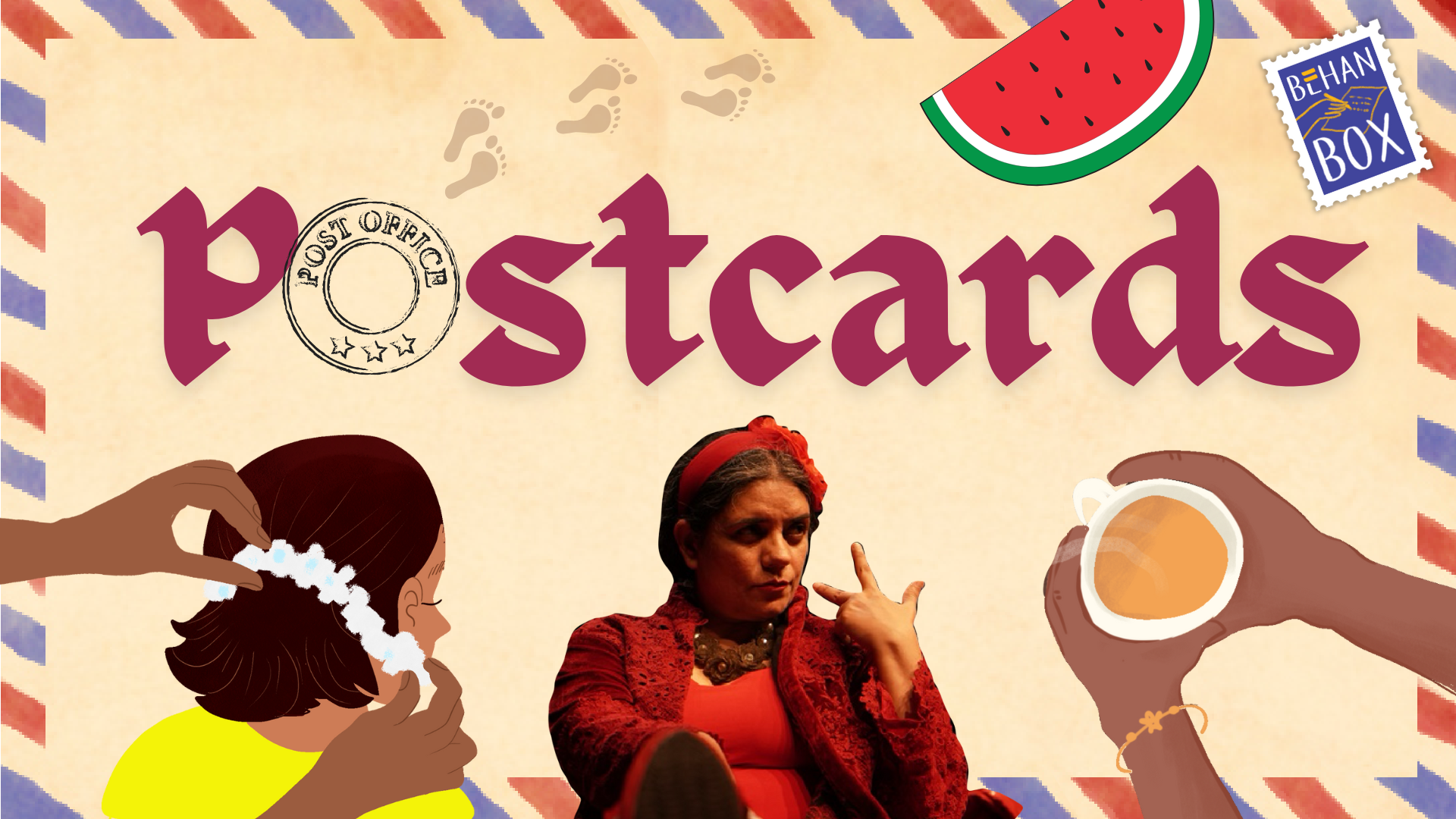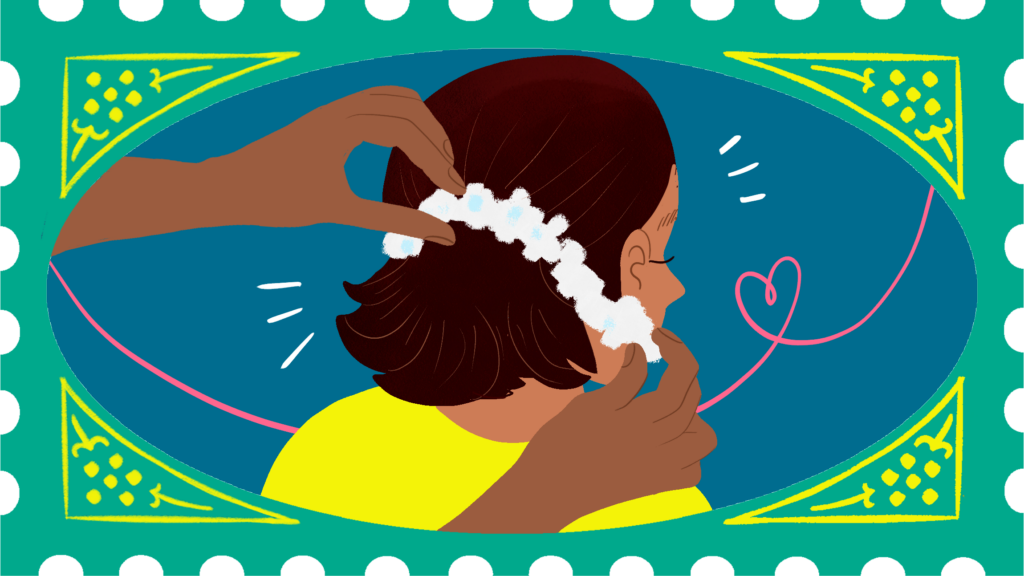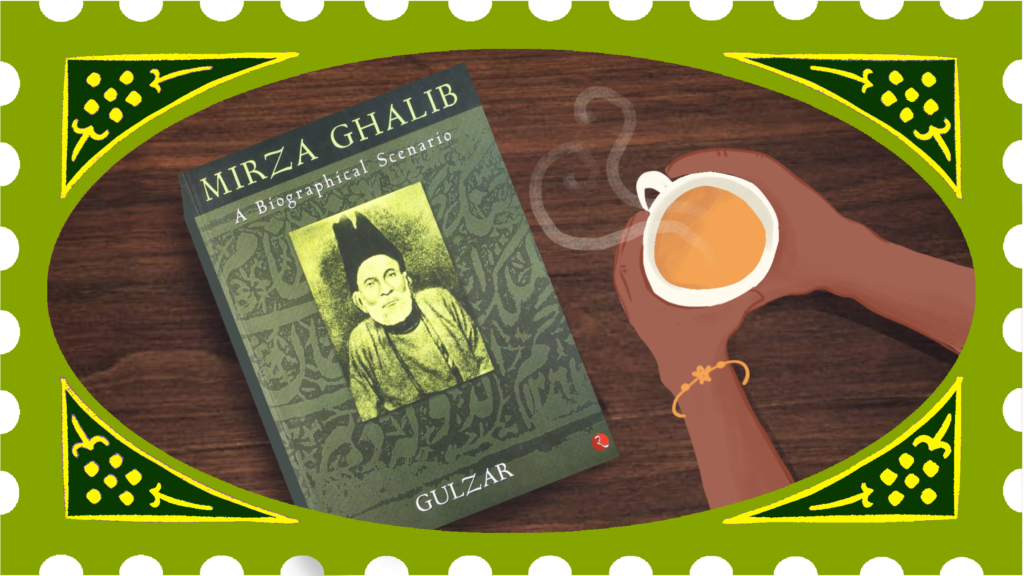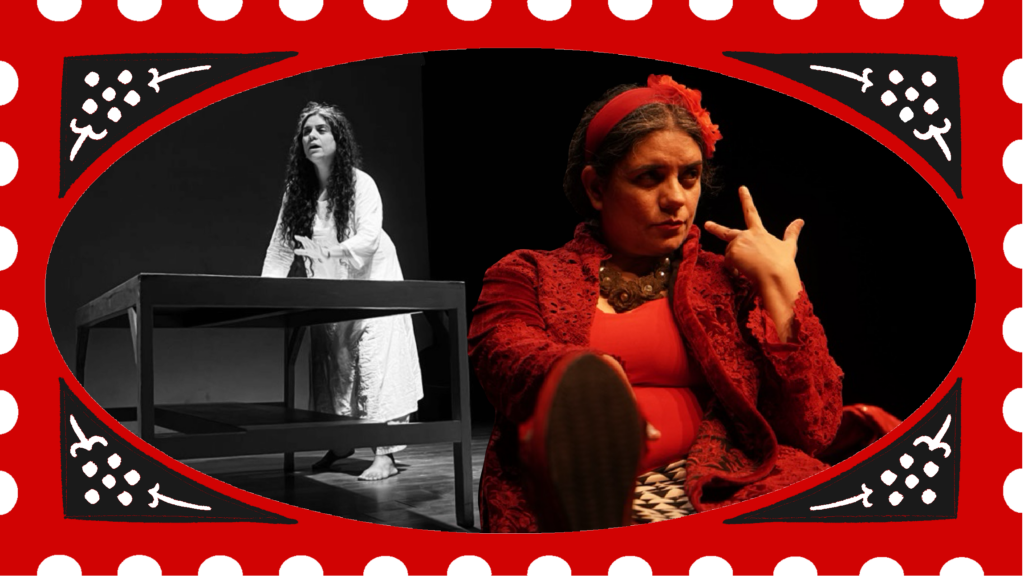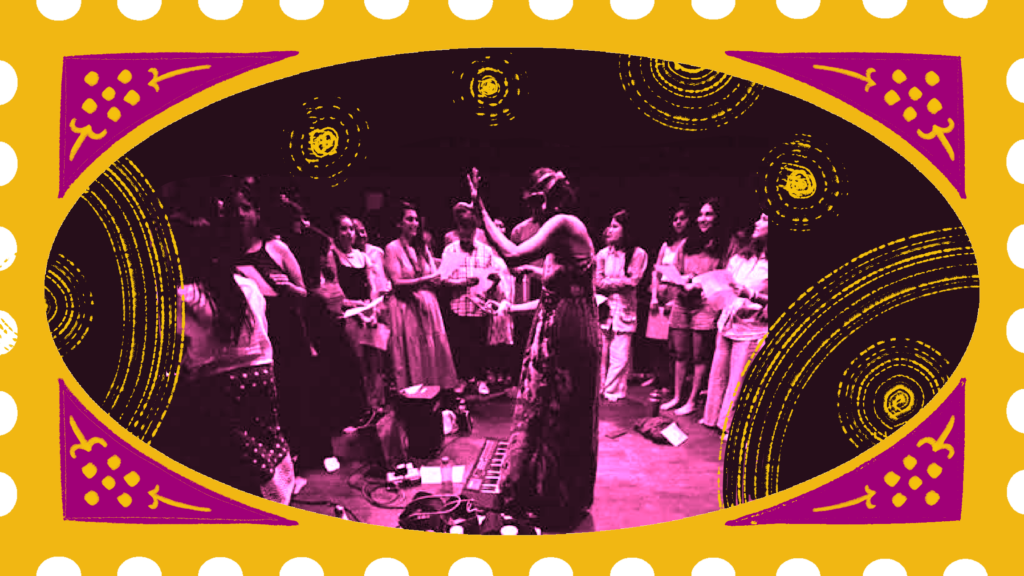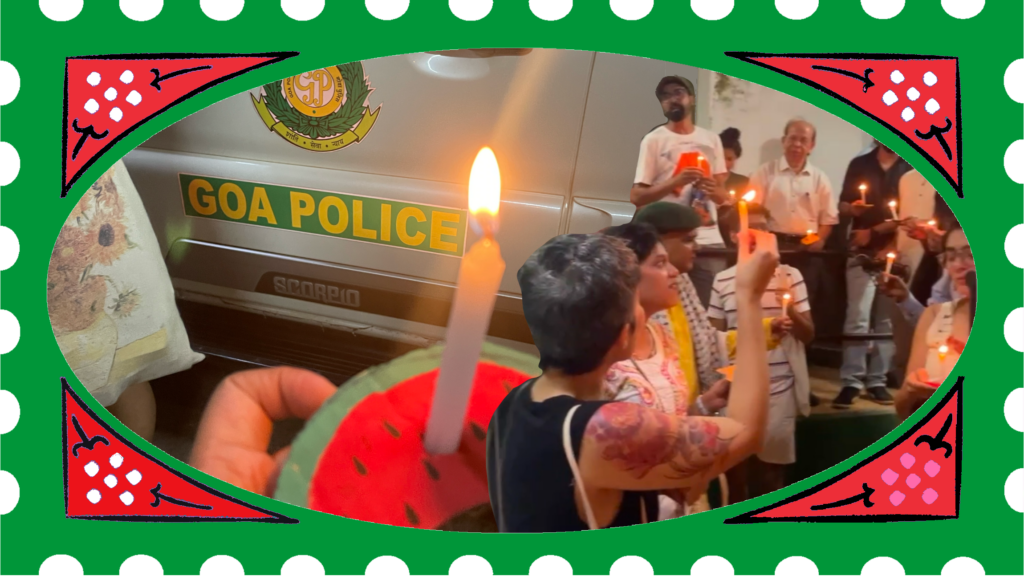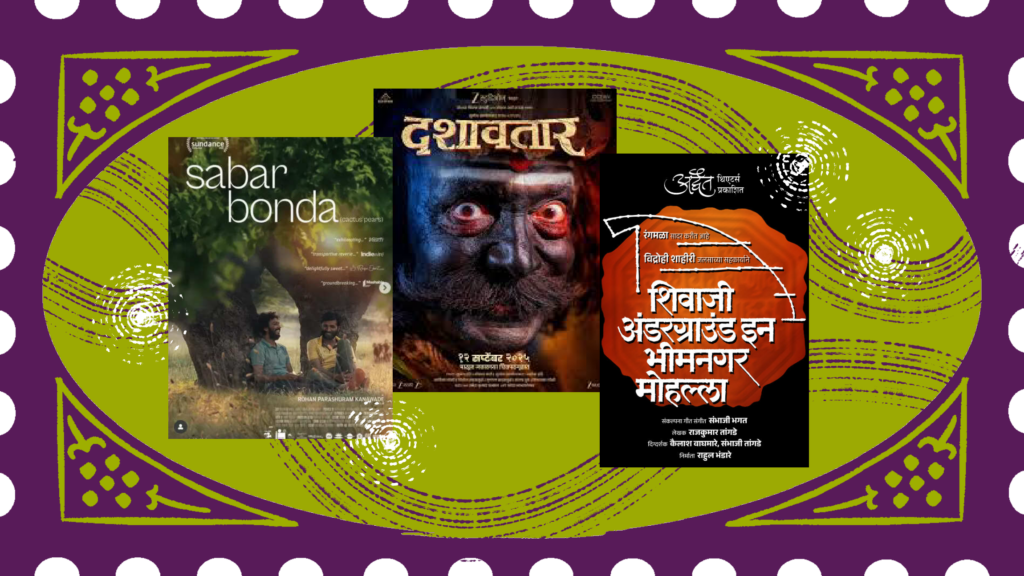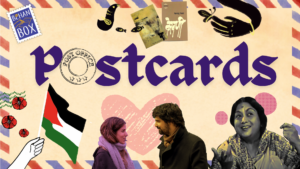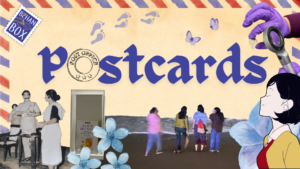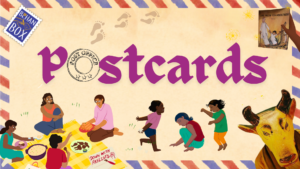I’m a famously bad singer, always off-key, always breathy, I’ve conceded the mic at karaoke bars lest the public would turn on me. So consider it revenge, delusion, or madness to wake up on a Sunday to go sing with a group of strangers.
I had learned of this Strangers’ Choir courtesy algorithm. A friend’s friend shared a story of a third friend attending this strange gathering of people vocalising together, swaying their shoulders, their eyes closed. They looked at peace, a bit awkward, but at peace. I rushed to book tickets when I heard the choir is coming back to Delhi.
To make harmony, the organiser Medha Sahi says at one point, is to make one note shine on top of the other. Her hands — first the stretch of her palms, then a quick flurry of her fingers, then curled into a tight fist — played with our vocal chords, a melody soon became a language. I am a stranger to the alchemy of low-mid-high notes, voices, tones, rounds, staggered openings, crescendos, but for three hours it didn’t matter. Voices clash and clang, but it doesn’t feel like conflict. When in doubt, sing louder, Medha said, louder and louder.
There were 120 minutes of feeling conscious, warm, and playful. I met someone who picked up drums recently, theirs is a singing family, she proudly said. Another woman was shifting but made it a point to attend the choir. Also overheard: conversations about maintaining curly hair routines; about singing, whether one is a newcomer or a veteran to this group. And spotted people with the whimsiest tattoos; people with their children and friends; people by themselves. People who wanted to bask in the nourishing feeling of creating something together.
And for three hours on that autumn morning, I too was one of those people who had agreed to come together to sing ‘Ain’t No Mountain High Enough’, even if badly. More than once I faltered but when one voice falls, others catch you, and you appreciate that kindness.
Saumya Kalia
